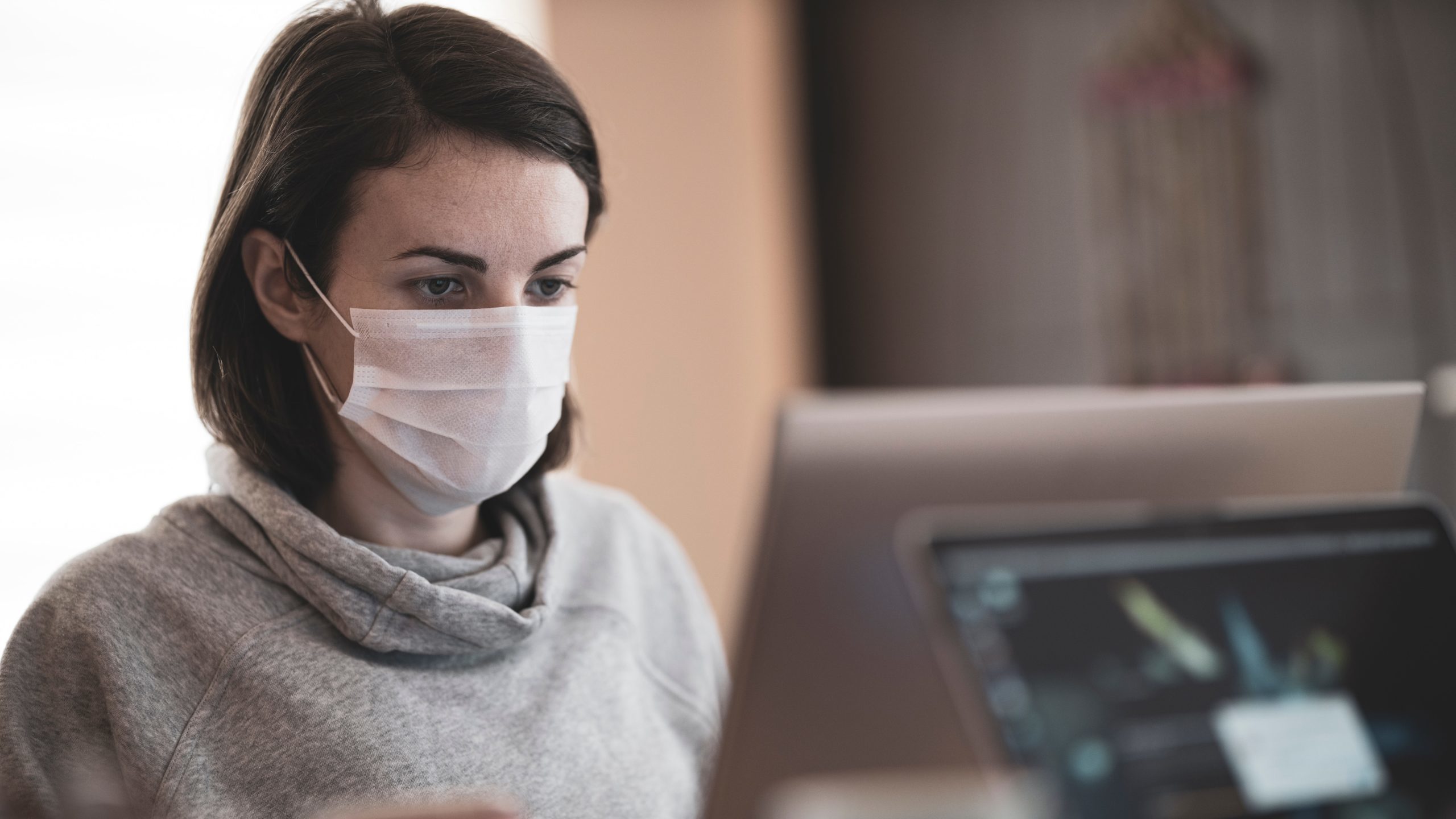Welcome to College, Now Wear Your Mask
by Adam Dick, Ron Paul Institute:
 When students at two prominent Texas state government universities — the University of Texas at Austin and Texas A&M — return to the universities’ campuses in the fall semester, after being booted in the spring semester due to purported worries about coronavirus, they will find the experience much different than it has been in years past. To put it simply, new rules imposed in the name of countering coronavirus will make being a student at these universities suckier.
When students at two prominent Texas state government universities — the University of Texas at Austin and Texas A&M — return to the universities’ campuses in the fall semester, after being booted in the spring semester due to purported worries about coronavirus, they will find the experience much different than it has been in years past. To put it simply, new rules imposed in the name of countering coronavirus will make being a student at these universities suckier.
Take, for example, new mask mandates announced by the presidents of both universities this week.
Before addressing those announcements, keep in mind that over the last three months coronavirus has been shown to be much less dangerous than widely claimed in government and media communication when the coronavirus crackdown began earlier this year. Also keep in mind that it has become clear that coronavirus is especially unthreatening for most college students who are in younger age groups.
Given this information, the logical course would be for universities to reopen their campuses pretty much as they had been open before the government-and-media-fed coronavirus fear swept the country.
Instead, the two Texas government universities are announcing the imposing of cumbersome, annoying mandates on the tens of thousands of students at each university, all in the name of countering coronavirus. These mandates are sure to make college a much worse experience for many students.
This week, the big announcement for both universities concerns mask mandates.
Mandatory mask wearing will be imposed on students, as well as on university employees and visitors, according to announcements this week from the presidents of both UT-Austin and Texas A&M. The UT-Austin announcement says mask wearing will be mandatory in buildings on campus. For people outdoors on campus, mask wearing will be “encouraged, especially in areas where social distancing is not possible, but not required.” The Texas A&M announcement says mask wearing will be mandatory everyplace indoors that is not marked as excepted from the mandate as well as outdoors “where six feet or more of physical distancing is difficult to reliably maintain.” Both universities’ policies say a person is not required to wear a mask in his own dorm room or private office on campus.
Like politicians including Virginia Governor Ralph Northam and companies including Costco that have imposed mask mandates, respectively, on people in their state or in their stores, UT-Austin Interim President Jay Hartzell shifts the blame for his mask mandate announcement to the United States government’s Centers for Disease Control and Prevention (CDC). Hartzell writes in his announcement that the mask mandate “is consistent with guidance from the Centers for Disease Control and Prevention, which makes clear that face coverings, in addition to social distancing measures, are among the most effective strategies in limiting the spread of COVID-19, particularly in high-density areas.”
Yet, there is no clear evidence supporting such claims of masks’ net effectiveness in stopping the transmission of coronavirus from one person to another while there is evidence that wearing a mask increases health dangers. Indeed, prominent medical experts in the US government, including Surgeon General Jerome Adams and National Institute of Allergy and Infectious Diseases Director Anthony Fauci, had previously denied masks prevent the spread of coronavirus and advised against wearing them, only to turn on a dime to support a pro-mask policy.
Also, consider that the World Health Organization (WHO) states in its June 5 guidance document “Advice on the use of masks in the context of COVID-19” that there are many “likely disadvantages of the use of masks by healthy people in the general public.” These likely disadvantages include “potential increased risk of self-contamination due to the manipulation of a face mask and subsequently touching eyes with contaminated hands,” “potential self-contamination that can occur if non-medical masks are not changed when wet or soiled” creating “favourable conditions for microorganism to amplify,” “potential headache and/or breathing difficulties, depending on type of mask used,” “potential development of facial skin lesions, irritant dermatitis or worsening acne, when used frequently for long hours,” “difficulty with communicating clearly,” “potential discomfort,” “a false sense of security, leading to potentially lower adherence to other critical preventive measures such as physical distancing and hand hygiene,” “poor compliance with mask wearing, in particular by young children,” “waste management issues” with “improper mask disposal leading to increased litter in public places, risk of contamination to street cleaners and environment hazard,” “difficulty communicating for deaf persons who rely on lip reading,” and “disadvantages for or difficulty wearing them, especially for children, developmentally challenged persons, those with mental illness, elderly persons with cognitive impairment, those with asthma or chronic respiratory or breathing problems, those who have had facial trauma or recent oral maxillofacial surgery, and those living in hot and humid environments.”
In fact, WHO had long been advocating that individuals who are not sick with a fever and cough should not be wearing masks while doing day-to-day activities.
If Hartzell is so enamored with the CDC, he should also consider the CDC’s recent admission that coronavirus is much less a threat than previously promoted by many people in the media and government. This admission finally puts the CDC in line with what many independent medical experts have long been declaring from looking at the evidence. Understanding that information should lead Hartzell to support reopening UT-Austin without the imposing of significant restrictions on students, employees, and visitors in the name of countering coronavirus.
Read More @ RonPaulInstitute.org



